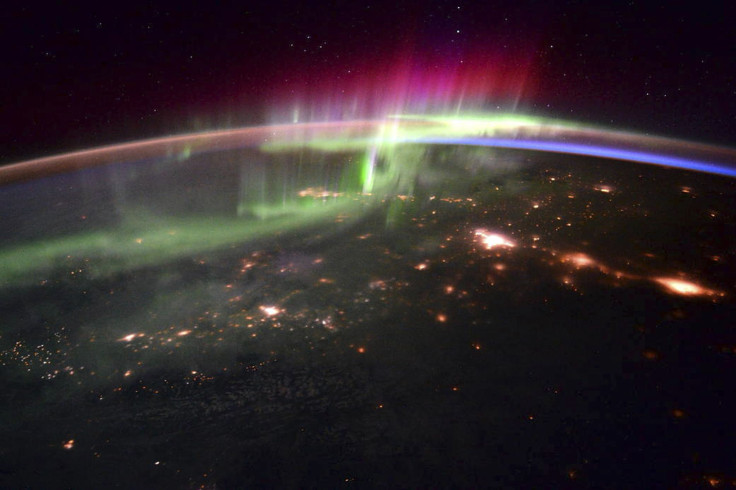Scott Kelly Hangs Up His Space Suit, To Retire From NASA On April 1

Scott Kelly, fresh off a yearlong sojourn in space, will retire on April 1. In a statement released Friday, the American astronaut, who made his first trip to space aboard the space shuttle Discovery in 1999, announced that he would not fly with NASA again.
“Our universe is a big place, and we have many millions of miles yet to explore. My departure from NASA is my next step on that journey. I remain ever committed and dedicated to the service of human exploration and advancement whether in space or on Earth,” Kelly, who has spent a total of 520 days in space — spread over four missions — and holds the American record for longest cumulative time in space, wrote in a Facebook post Friday.
“Following my retirement, I will continue to participate in the ongoing research related to NASA’s one-year mission for as long as is necessary. I will provide periodic medical samples and support other testing in much the same way that my twin brother, former astronaut Mark Kelly, has made himself available for the Twins Study throughout this past mission,” Kelly wrote.
Kelly, much like the Canadian astronaut Chris Hadfield, also became known for his prominent social media presence while aboard the International Space Station. During his one-year trip, Kelly posted over 700 images, mostly of Earth from orbit.

“When the first Americans set foot on Mars, they will be following in the footsteps of one of the finest astronauts in the history of the space program, my friend, Commander Scott Kelly,” NASA Administrator Charles Bolden said in a statement. “All of us in the NASA family — and indeed in the broader scientific community — are grateful that he was willing to sacrifice time with his loved ones, meals that don't come in a bag, a cold beer, hot showers, cool autumn breezes, the sounds of birds chirping, the ability to lay his head on an actual pillow and so much more of the pleasures of life during his year of research and experimentation the International Space Station.”
© Copyright IBTimes 2024. All rights reserved.












